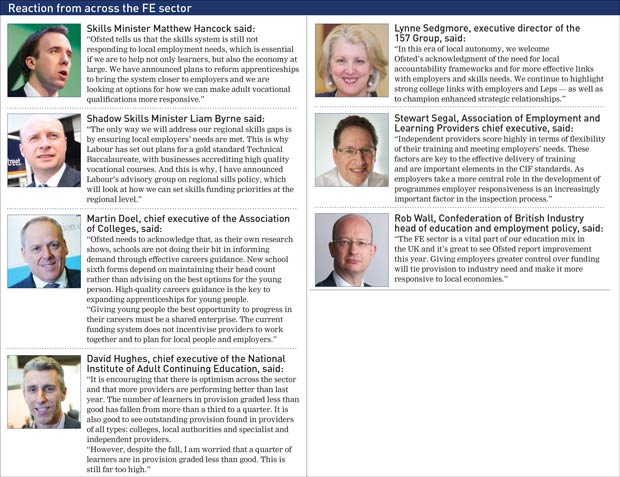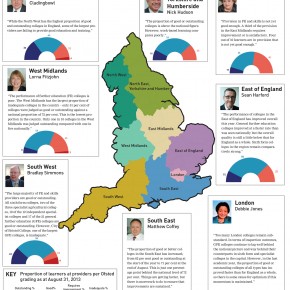A former Welsh international footballer is one of four men to have been disqualified from being company directors after their sports apprenticeship firm submitted invalid funding claims.
Mark Aizlewood (pictured), aged 54, who played for Wales 39 times between 1986 and 1994, was barred from directorships for six years for failing to comply with apprenticeship rules with his training provider, Luis Michael Training Limited (LMT).
The Newport-based firm enrolled, assessed and verified apprenticeships for young people at football clubs such as Leeds, Millwall and Nottingham Forest. It worked as a subcontractor for eight FE colleges including Sparsholt College and South Thames College.
Aizlewood’s co-directors Paul Sugrue, 53, also a former professional footballer, 41-year-old Keith Anthony Williams and 49-year-old Christopher Paul Martin were also disqualified from directorships — for six, six-and-a-half and eight years, respectively.
The disqualifications follow an investigation by the Insolvency Service that established the men failed to ensure the company — which is currently under investigation by the Serious Fraud Office —complied with funding guidance and failed to ensure that adequate documentation was maintained and/or supplied to colleges to support the funding claims they made, placing the company at risk of being held liable to repay funding totalling at least £3,442,809.
Ken Beasley, Insolvency Service official receiver of Public Interest Unit (Manchester), said: “This company received millions of pounds in government funding, but failed to provide sufficient evidence to support claims for funding or to demonstrate that the company had complied with funding guidance which was readily available to them.
“The various failures of the four directors constitute behaviour that falls far below that expected of responsible directors of a limited company.”
The Insolvency Service found that in late 2010, one of the colleges LMT dealt with cancelled its contract citing funding anomalies at the subcontractor. An audit by the college’s external auditors identified ineligible claims made by LMT.
The audit, plus telephone audits undertaken by colleges to whom LMT provided services, found, among other things, that LMT had submitted ineligible claims for Welsh learners, who have their own funding body; and failed to ensure that all learners were in employment.
It also submitted claims for learners who did not participate in or had withdrawn from the programme; submitted claims for learners who had undertaken prior learning or who were otherwise undertaking additional learning; and submitted claims for learners outside of the stipulated geographical area specified in contracts.
In light of the problems, the agency required the college to repay funding and the college subsequently sought to reclaim the funds paid to LMT. As LMT was not able to repay the amount, a winding up petition for £2,573,994 was presented by the college and the company was wound up by the court on September 26, 2011.
“The Insolvency Service has strong enforcement powers and will not hesitate to use them to remove directors who have failed to honour their obligations from the business environment,” said Mr Beasley.
The Serious Fraud Office (SFO), in conjunction with Gwent Police, is currently investigating the dealings of LMT. The case was accepted in September 2011 following a referral by Gwent Police.
An SFO spokesperson said: “It is suspected that LMT produced false documentation, including registration papers, progress reviews and coaching examination certificates to falsely show to FE colleges and examining boards that training and apprenticeship placements had been successfully achieved and completed.”
He added: “The period being investigated spans 2009 to 2011. It is provisionally estimated that the total suspected fraudulent claims made by LMT to a number of colleges is in excess of £1.6m.”
Picture: Mark Aizlewood in footballing action for Wales in December 1994. Copyright:PA




